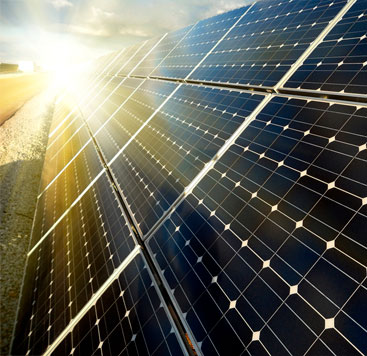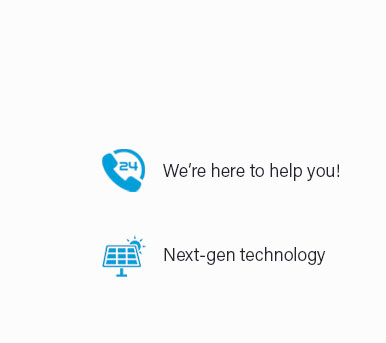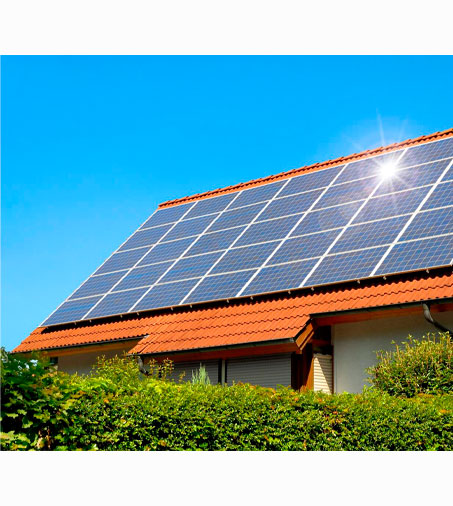 |
 |
 |
 |
 |
 |
 |
 |
 |
 |
 |
 |
 |
 |
|
 |
 |
 |
|
Unlock the power of the sun and transform your energy future with our unrivaled solar panels installations-get your personalized solar panels installation quote today and take the first step towards a sustainable, cost-effective lifestyle; our experts will seamlessly guide you through the process, ensuring maximum efficiency and savings, all while boosting your property's value and reducing your carbon footprint-experience the difference of cutting-edge technology combined with exceptional service and join the solar revolution with confidence.
https://seabrightsolar.com/best-solar-panel-installation-services-in-new-york-city/
In the realm of sustainable energy, its residents have access to some of the best solar panel installation services available. These services ... https://www.nyc.gov/assets/lpc/downloads/pdf/pubs/Solar%20Panels.pdf
... installation would be visible above. Solar panel installations on flat roofs may be more than minimally visible over a secondary faade if the. https://www.youtube.com/watch?v=uHAReQbcGvQ
22:05. Go to channel - How to install solar panels yourself on your roof. (It's easier than you think). Unbound Solar894K views - 42:55. Go to ...
|